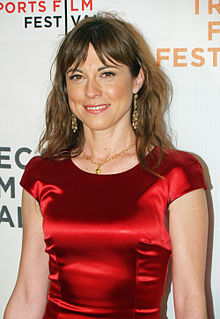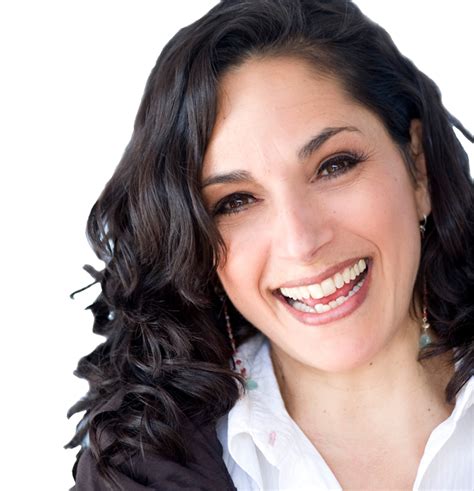A Quote by Bryan Stevenson
We are all broken by something. We have all hurt someone and have been hurt. We all share the condition of brokenness even if our brokenness is not equivalent.
Related Quotes
Every day I have spent in Uganda has been beautifully overwhelming; everywhere I have looked, raw, filthy, human need and brokenness have been on display, begging for someone to meet them, fix them. And even though I realize I cannot always mend or meet, I can enter in. I can enter into someone's pain and sit with them and know. This is Jesus. Not that He apologizes for the hard and the hurt, but that he enters in, He comes with us to the hard places. And so I continue to enter.
There is a strength, a power even, in understanding brokenness, because embracing our brokenness creates a need and desire for mercy, and perhaps a corresponding need to show mercy. When you experience mercy, you learn things that are hard to learn otherwise. You see things you can't otherwise see; you hear things you can't otherwise hear. You begin to recognize the humanity that resides in each of us.
When we resent someone in some way we need to "be on the alert" that even innocent gestures on their part can become suspect to us. Even something as simple as their walking into a room or whispering something to someone else can be conjured up in our minds, to look to us as if they're doing it on purpose to irritate us -as if they're involved in some diabolical plot to hurt us further. What they may be doing may have no connection to their past actions that hurt us in the first place but our resentful feelings against them can often taint our perception of what's really taking place.
I watched my life as if it were happening to someone else. My son died. And I was hurt, but I watched my hurt, and even relished it, a little, for now I could write a real death, a true loss. My heart was broken by my dark lady, and I wept, in my room, alone; but while I wept, somewhere inside I smiled.




































